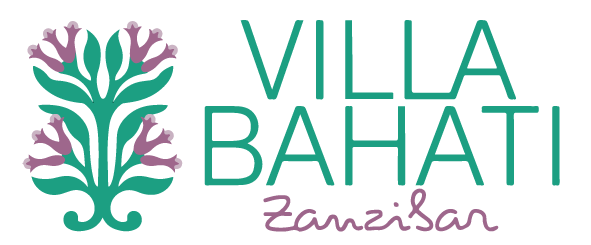- +255 748 235 949
- +43 664 248 0505
Embrace the Cultures of Zanzibar and Tanzania
Swahili Culture of Zanzibar and Jambiani Village
One way to explore the Swahili Culture is through traditional music, dance, and cuisine. There are many opportunities to visit festivals and celebrations that take place throughout the year. The most popular festival in Jambiani is Mwaka Kogwa, which is celebrated in July or August and includes traditional dance performances, taarab music a genre theat combines Arabic and Swahili lyrics, violins and traditional instruments.
Jambiani is also known for its delicious cuisine, a fusion of African, Indian, and Arabic influences, characterized by its use of spices, fresh seafood, mohogo (yams) and rice. Traditional dishes include katlesi, biryani, pilau, and ugali, as well as fresh grilled fish and seafood served with coconut rice. Fresh coconuts are abound in Zanzibar and Jambiani is no exception.
Try fresh coconut juice and eat the sweet coconut flesh with a locally made spoon. Many local restaurants on the village road are easily accessible. We recommend Cherezani, Chez Hassan and the Peace of Mind Restaurant.

Cultural
Village Tour
The Herbalist
Kassim & Susanne
The Jambiani Cultural Village Program
We at Villa Bahati have a long established bond with the villagers of Jambiani. A cultural and ecological sensitive tourism programme was established with the local NGO eco&culture, as far back as 1999 with the help of an Austrian funded development project. Its founders, veterans of sustainable tourism in Zanzibar, are famous for their lively authentic, culturally sensitive Jambiani Cultural Tourism Programme.
Meet Kassim Mande, founding member of the NGO and experience with him the traditional life of Jambiani through the original tour through the village Nowadays many tour operators and locals alike are offering authentic village experiences, but we recommend to walk with Kassim whose local shop and office can be found in the middle of the village, opposite school and health clinic.
